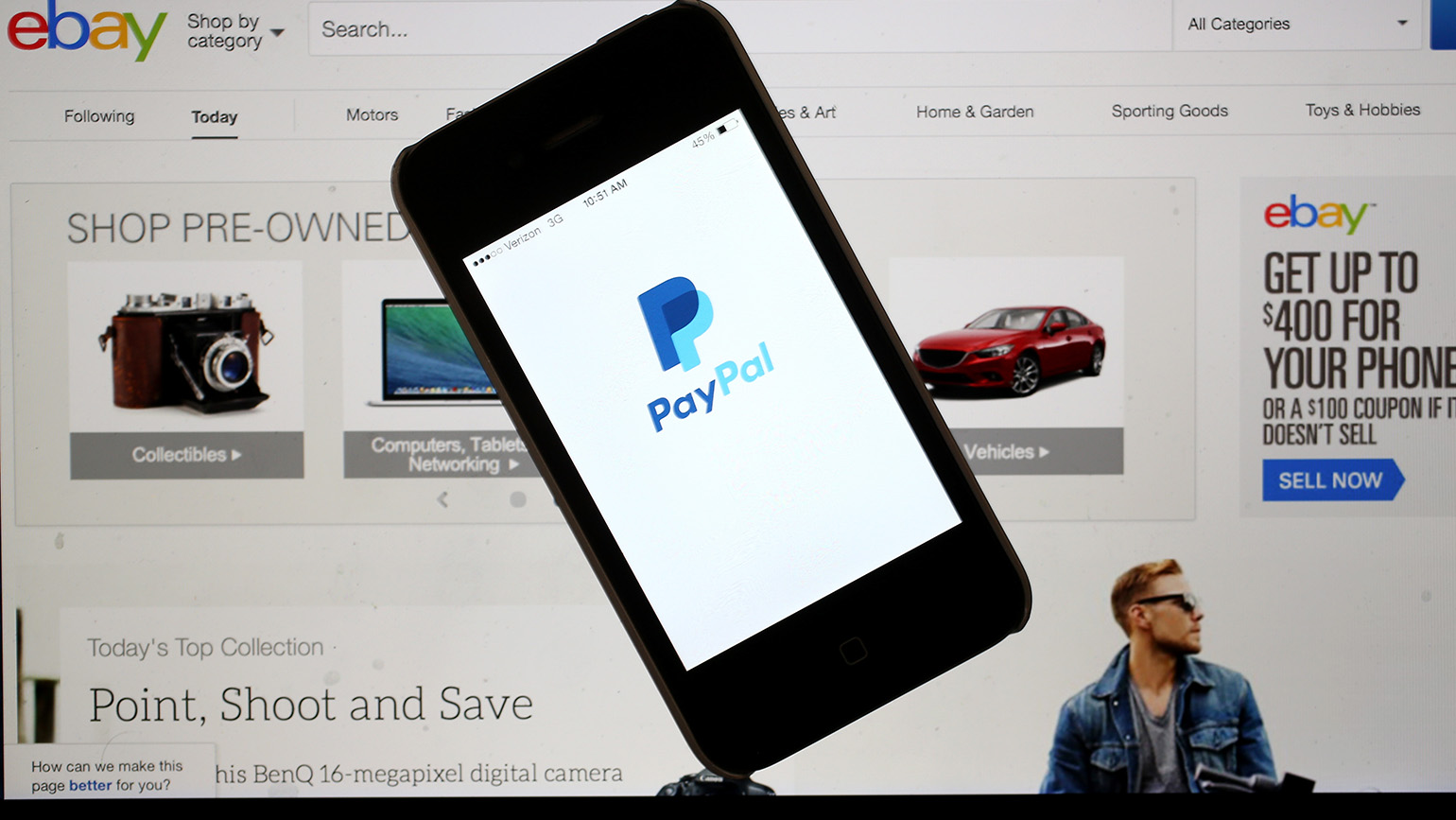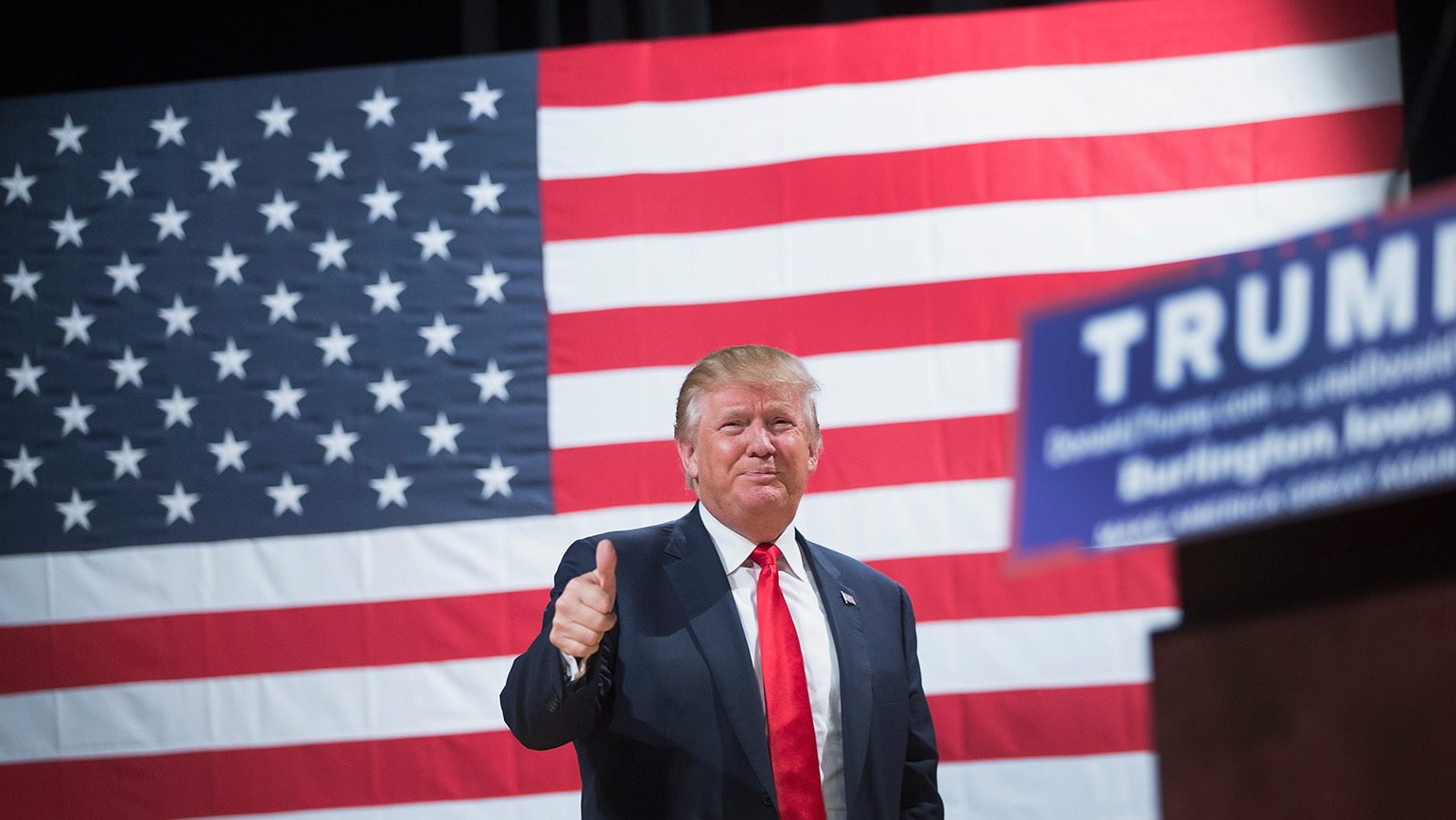
Social purpose is becoming more and more important to Americans, especially when it comes to their buying decisions. And the financial technology sector, via innovative payment technologies, is making it easier for consumers to give back and for charities to more affordably accept donations, writes Franz W. Paasche, the head of PayPal’s global external and internal communications functions and government relations. In a recent Harvard Business Review piece, Paasche points to new technologies, such as those from PayPal and Humble Bundle, that allow people to donate to charities “as easily as they can tap for an Uber ride.” “Academic and Federal Reserve Bank research has found that the private costs of accepting checks for under $50 can be anywhere from 3% for a $50 transaction to 285% for a $1 transaction, making checks in small amounts prohibitive for charities.” But these new technologies allow nonprofits to accept donations of any size. “Technology companies have a unique opportunity to apply their perspective, innovations, and expertise to help address the world’s greatest challenges," he writes.
American Teens Unaware of True Costs of College

A lot has been said about the growing crisis of student loan debt, but a new survey shows teenagers still don’t have a realistic idea of what they’re getting into. CentSai Adulting, which describes itself as a “financial wellness community for teens,” surveyed 1,982 high school-age students and found that half are only willing to incur $10,000 of debt to get a degree. But the average U.S. graduate today leaves college owing $30,000. CentSai is partnering with Inceptia, a division of the National Student Loan Program that focuses on student loan repayment and financial education, to offer a 10-part online course to help students learn about the basics of money management. "American teenagers are going to need to become financially savvy far in advance of applying to college to find ways to pay for a degree and still leave with less than $10,000 debt," says Doria Lavagnino, co-founder and president of CentSai. "I'm not saying it's impossible, but it will require a combination of financial aid and scholarship knowledge, savings and entrepreneurship skills," she adds.
UBS Wealth Management Americas Hosts ElectionWatch 2016 Event

Former U.S. Senators George Mitchell (D-Maine) and Trent Lott (R-Mo.) shared their outlooks on the upcoming Democratic and Republican party conventions at an exclusive UBS Wealth Management Americas client event on Monday. Hosted by Bob McCann, chairman of UBS Americas, the event coincided with the release of the sixth volume of UBS's ElectionWatch 2016 report. The report highlighted how Hillary Clinton's economic proposals will be difficult to implement given opposition by a Republican Congress and that the "never" Trump movement is destined to fail at the Republican Party convention in Cleveland. The event was the first of four UBS is holding at cities throughout the country leading up to the November election.




